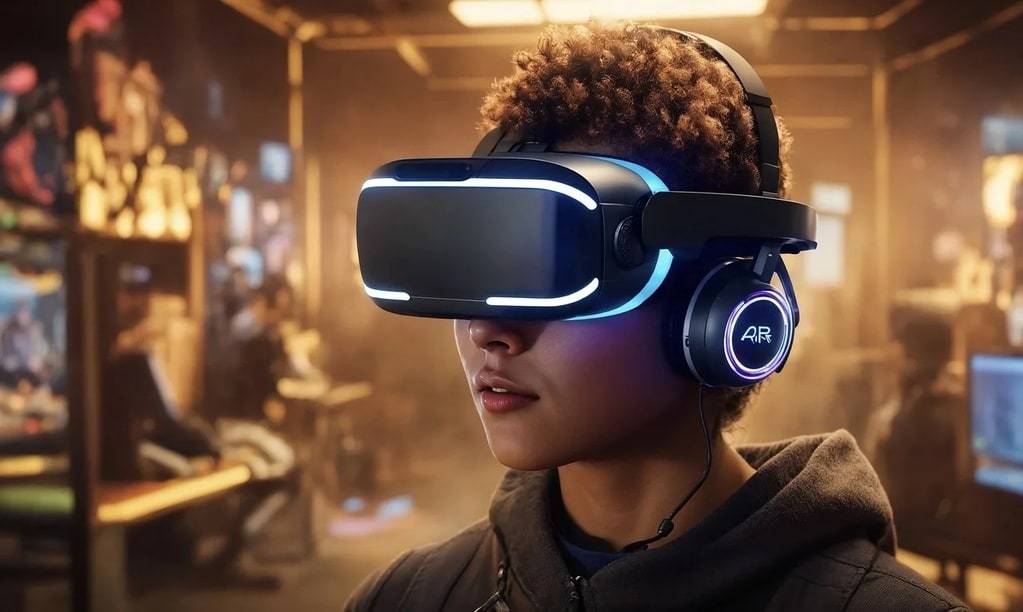Throughout human history, breakthrough innovations have played pivotal roles in transforming societies and shaping the world as it is known today. These innovations span across various fields, from technology to medicine, and have had far-reaching impacts on daily lives. Understanding the magnitude of these developments helps appreciate their significance and the ways they have altered the course of history.
Technological advances that revolutionized the world
The invention of the wheel is often regarded as one of the most significant technological advancements in human history. The wheel facilitated the development of transportation, enabling humans to travel and transport goods over long distances efficiently. This innovation laid the foundation for future technological progress and economic growth.
The printing press, invented by Johannes Gutenberg in the 15th century, transformed the dissemination of knowledge. Before the printing press, books were copied by hand, making them rare and expensive. The ability to print multiple copies of a text quickly and accurately democratized knowledge, contributing to the spread of ideas and literacy, and playing a crucial role in the Renaissance, Reformation, and Scientific Revolution.
In the 20th century, the advent of the internet marked another monumental leap in technology. The internet connected people globally, enabling instant communication and access to information. It revolutionized industries, education, and personal lives, fostering globalization and creating a platform for unprecedented collaboration and innovation.

Medical innovations that saved lives
Medical advancements have drastically improved human health and longevity. The discovery of antibiotics, particularly penicillin by Alexander Fleming, has saved countless lives by effectively treating bacterial infections. Antibiotics have transformed medicine, turning previously fatal diseases into manageable conditions and significantly reducing mortality rates.
The development of vaccines has been another game-changer in public health. Vaccines have eradicated or controlled deadly diseases such as smallpox, polio, and measles. By providing immunity and preventing outbreaks, vaccines have played a critical role in increasing life expectancy and improving quality of life globally.
Organ transplantation, pioneered in the mid-20th century, represents another significant medical breakthrough. Transplants have given a new lease on life to patients with organ failure. Innovations in immunosuppressive drugs have further improved transplant success rates, making this life-saving procedure more effective and widely available.
Industrial innovations that changed economies
The Industrial Revolution marked a significant turning point in history, introducing mechanization and transforming economies. The steam engine, developed by James Watt, powered factories, trains, and ships, facilitating mass production and transportation. This innovation spurred urbanization, economic growth, and significant changes in labor and society.
Henry Ford’s introduction of the assembly line in the early 20th century revolutionized manufacturing. The assembly line allowed for the mass production of goods, reducing costs and making products more accessible to the general public. This innovation not only transformed the automobile industry but also set the standard for modern manufacturing practices.
More recently, the rise of renewable energy technologies, such as solar and wind power, is transforming the energy sector. Renewable energy sources provide sustainable alternatives to fossil fuels, addressing environmental concerns and promoting energy independence. This shift towards greener energy solutions is crucial for combating climate change and ensuring a sustainable future.
Innovations in communication and information
The invention of the telegraph and later the telephone revolutionized communication by enabling real-time, long-distance conversations. These inventions shrunk the world, making it possible to communicate instantly across vast distances. This revolution in communication paved the way for the modern telecommunications industry and the interconnected world experienced today.
Television brought about a new era of information and entertainment, reaching millions of households worldwide. Television has influenced culture, politics, and society by providing a platform for news dissemination, entertainment, and advertising. It remains a powerful medium, even in the age of digital media.
The development of smartphones and mobile technology has further revolutionized communication. Smartphones combine communication, computing, and internet access in a portable device, transforming daily life and business practices. The proliferation of mobile technology has created a hyper-connected world, where information and services are available at one’s fingertips.
The impact of these innovations on modern life
These breakthrough innovations have collectively transformed modern life in numerous ways. Technological advancements have improved efficiency and convenience, enhancing productivity and quality of life. Medical innovations have extended life expectancy and reduced suffering from diseases. Industrial innovations have fueled economic growth and development, creating new industries and job opportunities. Innovations in communication have connected the world, facilitating the exchange of ideas and fostering global collaboration.
Here is a brief list of some additional impactful innovations:
- The invention of electricity and the light bulb
- The development of the computer and personal computing
- Advances in space exploration and satellite technology
- The creation of the internet and World Wide Web
- Breakthroughs in artificial intelligence and machine learning
Each of these innovations has had profound effects on society, driving progress and shaping the modern world. They illustrate the incredible potential of human ingenuity and the ongoing pursuit of knowledge and improvement.
As history continues to unfold, new innovations will emerge, further transforming societies and shaping the future. The story of human progress is a testament to the power of innovation, and the endless possibilities that lie ahead.
